In the Arab World, fathers are very often called “Abou xxx”. How is this made up?
Here are some explanations:
➡️ 👦🏻 The father takes the name of his son, no matters if the son is the oldest child or not. If the father has mutliple sons, he would be called after the eldest.
➡️ 👧🏻 If the father has only daughters, then usually he will add the name of his oldest daughter.
➡️ 🙅🏻♂️ If a man doesn’t have any children, then he can choose to add his own first name.
The use of “Abou” as a prefix is derived from the Arabic language, where the word “ab” means father.
In the Arab world, it is common to refer to a father by the name of his eldest son. This practice is often used as a sign of respect for the father, and it is seen as a way to honor the son as well. To address a father by the name of his oldest son, the prefix “Abou” is followed by the son’s name. For example, if the father’s name is Ahmed and his oldest son’s name is Ali, he can be called “Abou Ali.”
If a father has only daughters, he can still be referred to as “Abou” followed by his first name. This is because the use of “Abou” as a prefix is not exclusively tied to having sons. It is not common to refer to a father by the name of his eldest daughter. However, some Arab families may choose to use the father’s name followed by the name of his eldest daughter as a nickname or term of endearment within the family. For example, if a father’s name is Ahmed and his eldest daughter’s name is Fatima, the family may call him “Ahmed Abu Fatima” informally.
But in general, it is more common to use the father’s first name when addressing him with the prefix “Abou”, regardless of whether he has sons or daughters.
And what about mothers?
In the Arab world, the prefix “Oum” is commonly used to refer to a mother. The word “Oum” means “mother” in Arabic.
To address a mother using this prefix, it is followed by the name of her eldest child. For example, if a mother’s name is Fatima and her eldest child’s name is Ahmed, she can be called “Oum Ahmed.”
Alternatively, a mother can also be referred to simply as “Oum” followed by her first name. For example, if a mother’s name is Aisha, she can be called “Oum Aisha.”
It’s also worth noting that “Amma” is sometimes used in a similar way to refer to mothers in some Arab cultures. For example, “Amma Fatima” means “mother of Fatima.”
It’s important to note that this practice may vary depending on the specific cultural norms and traditions of the Arab country in question.




